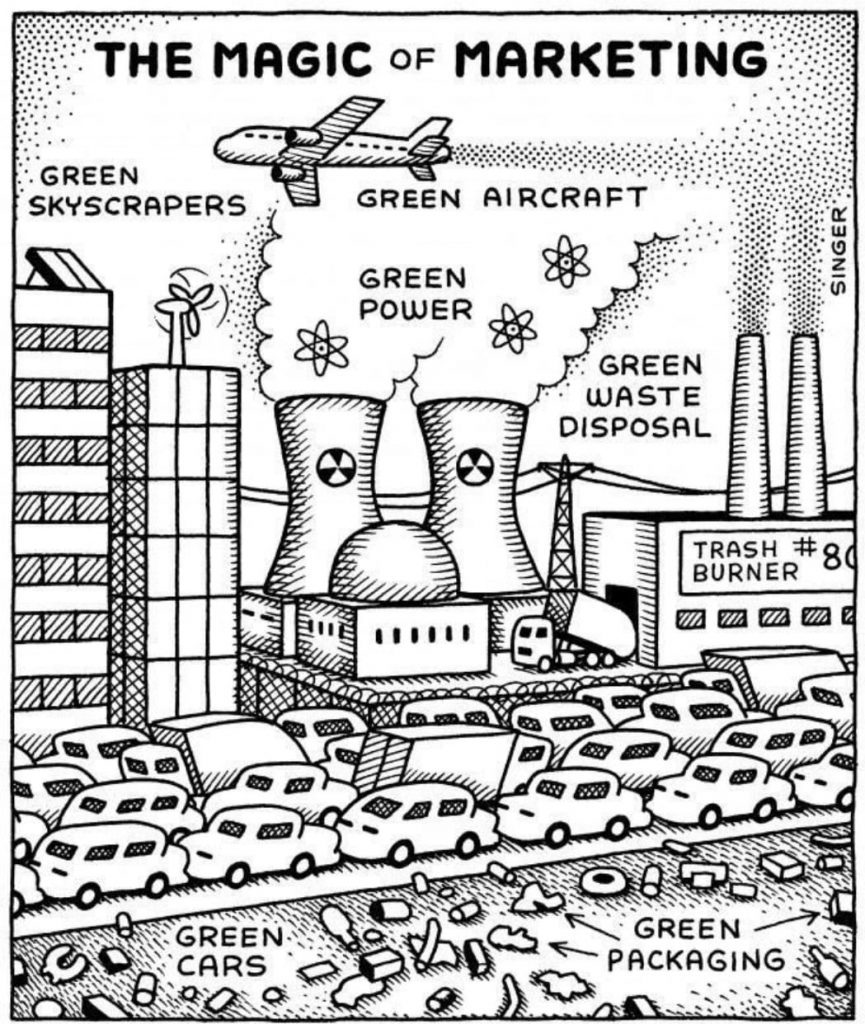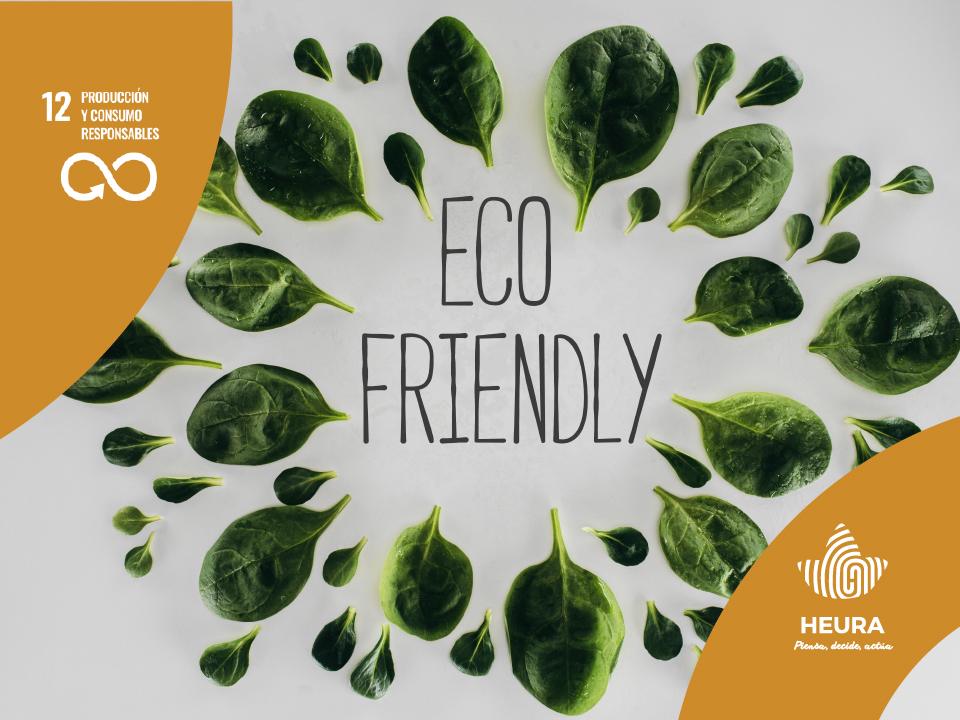Green marketing is the development and promotion of products designed to minimize the negative effects on the physical environment or to improve their quality. These efforts are being taken by companies as an improvement to promote their products in an environmentally sustainable, and at same time, responsible way.
Companies are focusing on aspects ranging from the products, their production systems, or, for example, how to improve their efforts to achieve a more efficient recycling model.
There are some examples of this type of marketing, such as the Toyota brand, with its hybrid car model Toyota Prius. The company has invested in this product to reduce the consumption of fossil fuels and in whose campaigns the focus is also on energy efficiency.
Although this green marketing has its controversy and sometimes it is abused, products with this objective are valued even when they don’t really comply with the standards of products committed to the environment. It can be said that there is a kind of “green fever” or green washing in many fields, with inclusions of their own certification process, excessive use of the concept or an attempt to improve their sales with a misuse of green marketing, since the company tries to pass its products as ecological even if they aren’t.
The abuse of words such as sustainable, ecological, or natural, attract the attention of many consumers but sometimes it’s important to dig a little deeper to realize that it´s not an accurate representation of the product. Considering that nowadays the image of a brand is intangible and that it must be taken care of and controlled, it does not seem to be the best campaign to use non-real concepts. The use of green washing can produce very harmful effects on the brand. This creation of false environmentalism is not acceptable.



